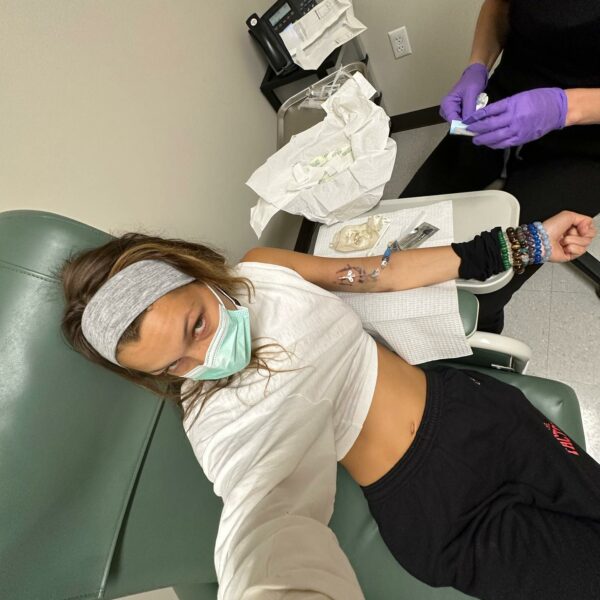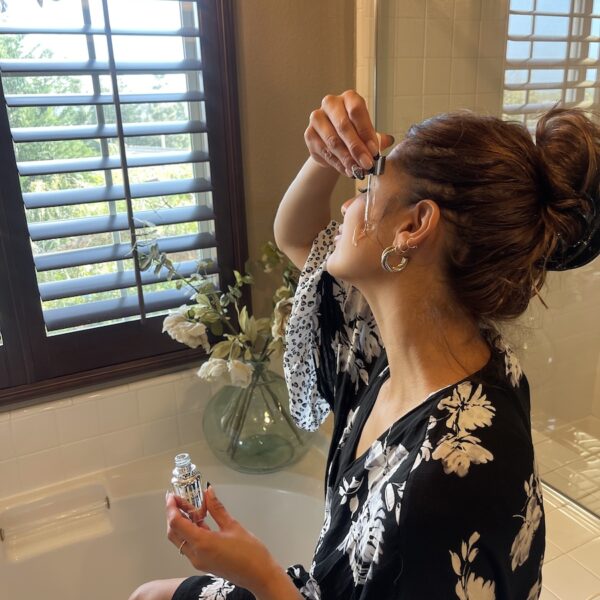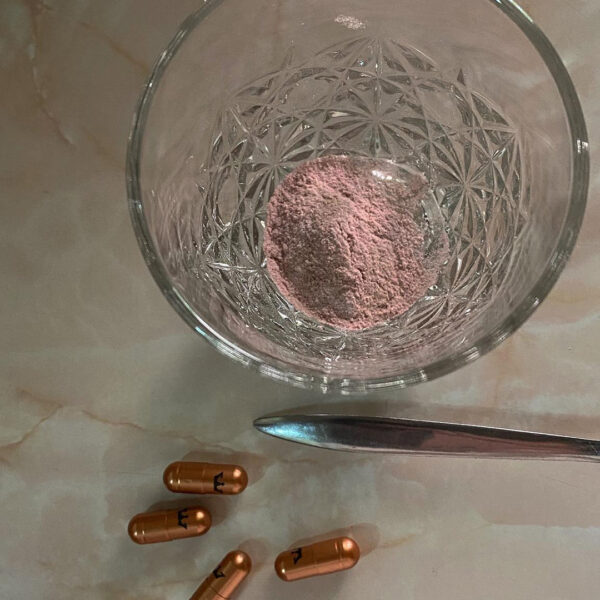Have you experienced any concerning vaginal issues, such as a foul or fishy smell, itching, unusual (white, green, or gray) discharge, or burning while you pee? If so, there is nothing to be embarrassed about. Through these symptoms, your body may be telling you that your reproductive system and genitals are in distress.
I am frequently asked about sexual health and fertility issues. Although we tend to associate these symptoms with sexually transmitted infections (STIs), many people don’t realize that these can also be linked to vaginal pH levels. The pH scale runs from 0 to 14, with less than 7 being acidic and over 7 being alkaline. A healthy vagina has a pH between 3.8 and 4.5 during the reproductive years of 15 to 49, and is closer to 4.5 before puberty and after menopause.
We want to avoid a high vaginal pH level, as it creates the perfect environment for unhealthy bacteria to grow. For more information, click here.
The consequences of a high vaginal pH can be quite serious, as it can lead to the following:
• Bacterial infection
• Increased chances of contracting STIs
• Increased risk of pre-term births, pelvic inflammatory disease, infertility, and post-hysterectomy infection
• Pain during sex
These risk factors can increase your pH:
• Being on your period – Menstrual blood has a pH of 7.4—don’t leave tampons or menstrual cups in too long!
• Sex (sorry) – Semen has a pH of 7.1 to 8, so don’t lie down for too long afterwards
• Scented products on your genitals
• Hot tubs
• Using oral or internal contraceptives and hormonal replacement
If you suspect that you may have an imbalanced vaginal pH, you can purchase an at-home pH level test kit. If your symptoms continue, I highly recommend consulting with your doctor. Infections are not something to take lightly. At the same time, there are definitely things you can do to improve the health of your vagina. Start by being aware of the risk factors and follow the recommendations below:
• Eat a healthy diet, avoiding sugar and processed carbs, since these can alter your pH. Also get adequate rest.
• Try vaginal boric acid suppositories. Be sure to keep them away from toddlers—oral consumption is dangerous.
• Garlic works as a natural antifungal, and yogurt can help fight bad bacteria in your body, which is why they are two common foods to eat if you’re looking to balance your vaginal health.
• Use barrier protection during sex.
• Use probiotics designed for vaginal health.
• Avoid douching.
• Incorporating apple cider vinegar into your diet is commonly recommended, but it is not advised since it can be too acidic and actually burn.
• Be in touch with your body and your feelings. Spiritually, the vagina is part of the second chakra, and this is the seat of feminine power and sexuality.
Katie Beecher, MS, LPC, is a medical and spiritual intuitive and Licensed Professional Counselor. Her “eerily accurate” intuitive readings include a four-page report and symbolic painting. Her book, Heal from Within: A Guidebook to Intuitive Wellness, is available for pre-sale and will be out in February 2022. The book features her work as a medical intuitive and how people can achieve healing and wellness. Her website is www.katiebeecher.com. She is also on Facebook and Instagram.
The content provided in this article is provided for information purposes only and is not a substitute for professional advice and consultation, including professional medical advice and consultation; it is provided with the understanding that Poosh, LLC (“Poosh”) is not engaged in the provision or rendering of medical advice or services. The opinions and content included in the article are the views of the author only, and Poosh does not endorse or recommend any such content or information, or any product or service mentioned in the article. You understand and agree that Poosh shall not be liable for any claim, loss, or damage arising out of the use of, or reliance upon any content or information in the article.
Up next, be the first to know our weekly content and sign up for our Poosh newsletter.




































